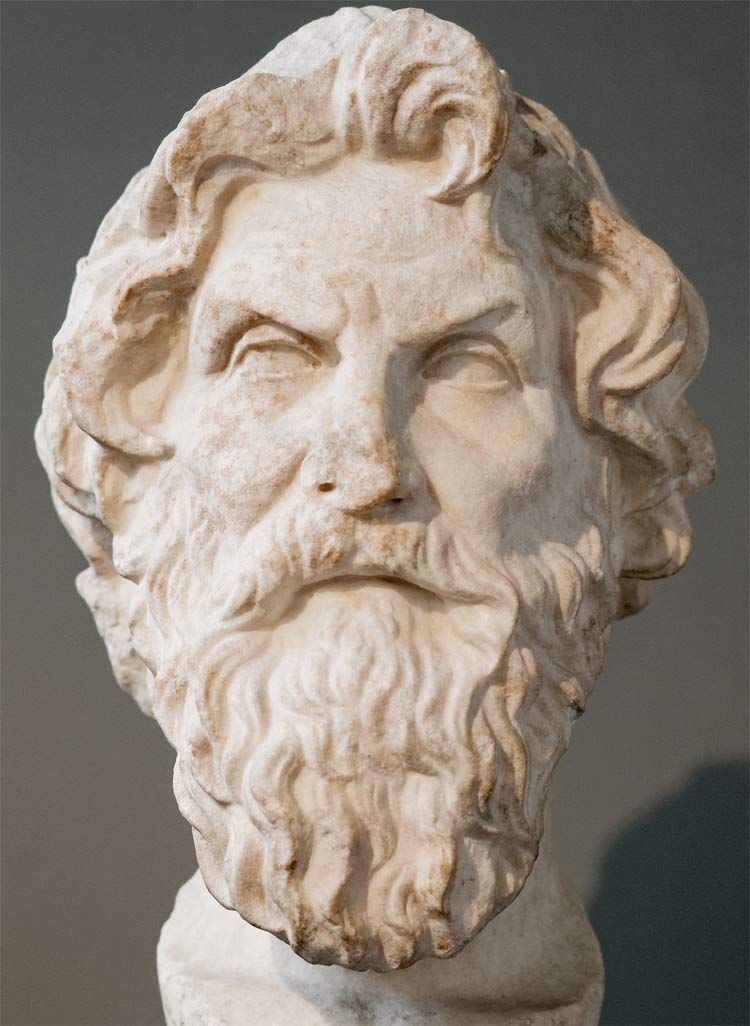Ancient Cynics Sought Shortcut to Happiness

Today's negative connotations tied to cynicism might be historically inaccurate, new research suggests.
A classics professor seeks to restore the reputation of the ancient school of Greek philosophers known as the Cynics, showing that they actually advocated a short path to a life of happiness.
"We don't have good scholarship on the Cynics," University of Cincinnati classicist Susan Prince said in a statement. "They're seen as misanthropes and as sloppy and dirty people who want to cut down the elite. But there's a positive strand that needs to be recovered."
Antisthenes, a student of Socrates who lived from 445 B.C. to 365 B.C., is considered the primary influence on the Cynic movement. He outlined a school of philosophy that skipped over the technical aspects of logic to focus on ethical literature. Antisthenes also promoted immediate, drastic life changes that would provide a quick but challenging path to virtue and happiness.
He called for the abandonment of many social conventions, such as giving up fancy clothes and elaborate meals, to live ethically in accord with nature. This shortcut, Prince explained, would allow Cynics time for what Antisthenes called "seeing the things worth seeing and hearing the things worth hearing."
"You get to your happiness quickly, and then you practice your happiness for the rest of your life," Prince said.
The researcher explained that Antisthenes may have played a role in Plato's ideas, some of which were developed during intellectual debates with the Cynics.
Sign up for the Live Science daily newsletter now
Get the world’s most fascinating discoveries delivered straight to your inbox.
"Plato didn't become great by himself," Prince said. "Antisthenes was very important as one of the interlocutors who wasn't always Plato’s enemy. Their relationship was more like a sibling rivalry."
Prince is presenting her research this week at the Unisa Classics Colloquium hosted at the University of South Africa in Pretoria.
Follow LiveScience on Twitter @livescience. We're also on Facebook & Google+.












